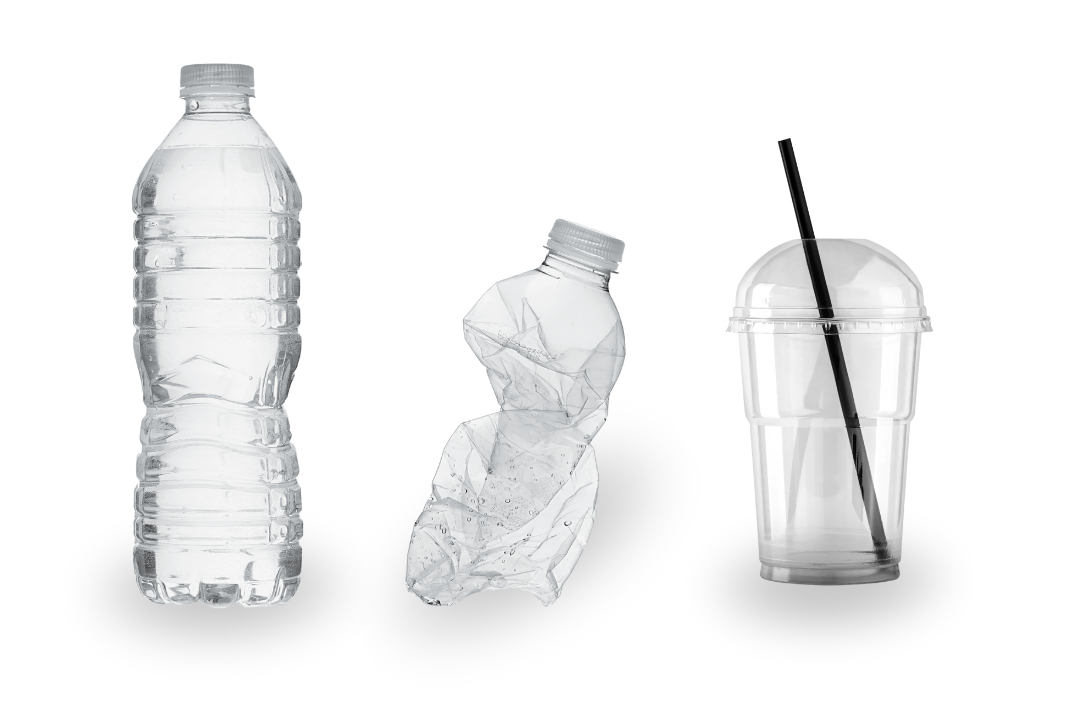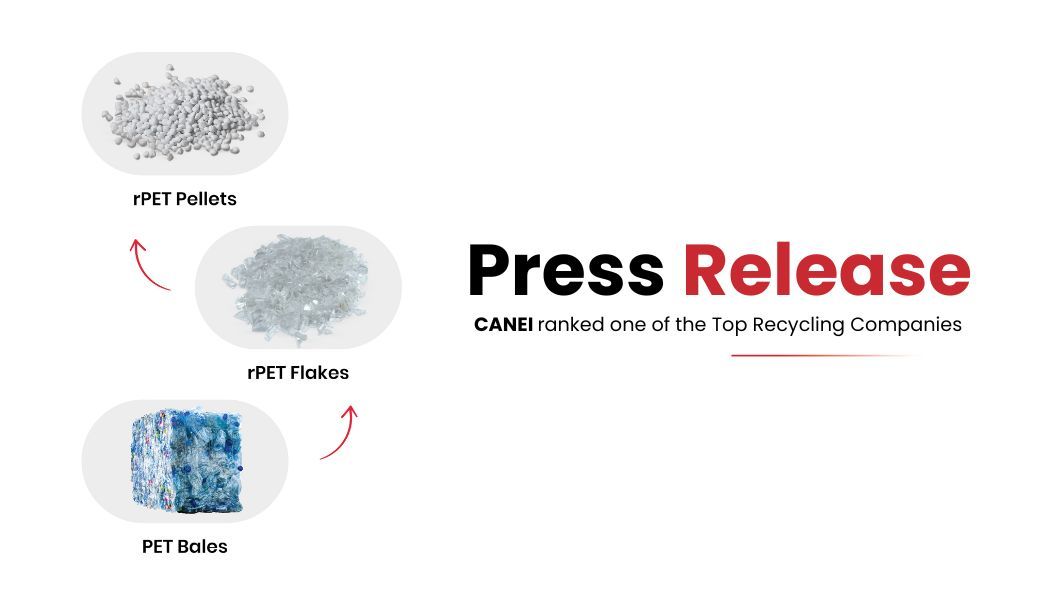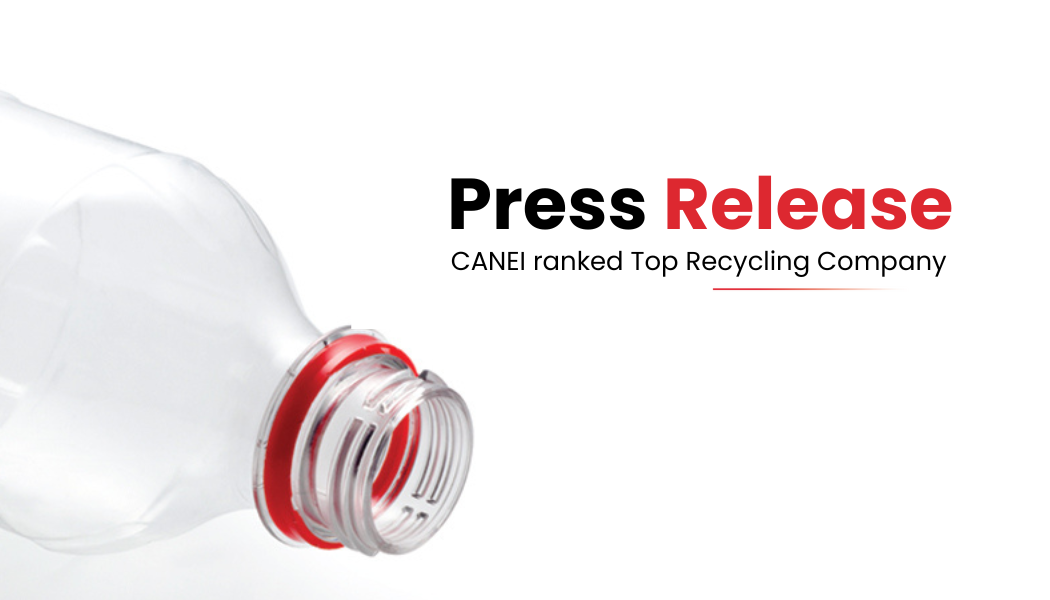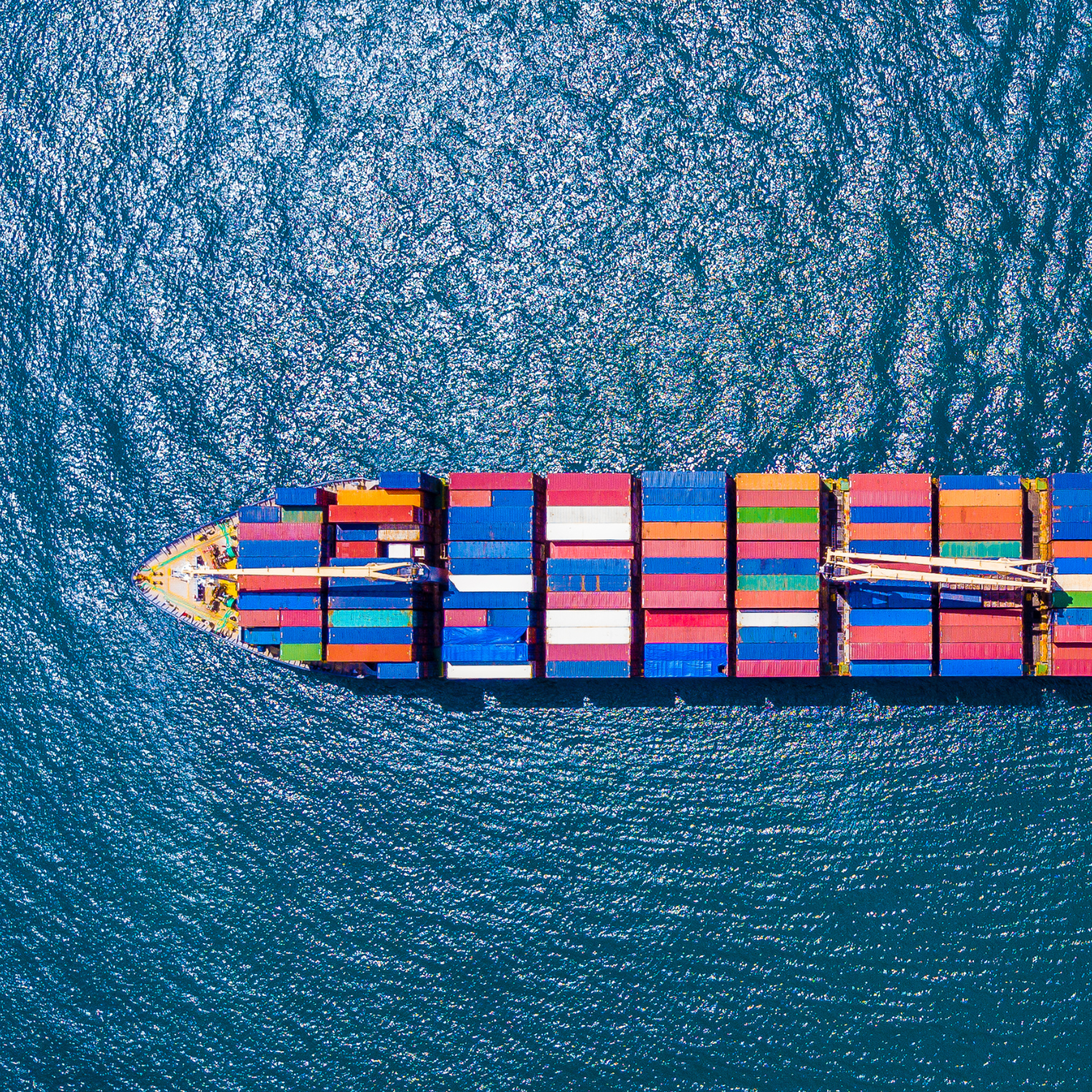AI and Robotics’ Roles in Emerging Recycling Legislation
The recycling industry is entering an exciting phase, with AI and robotics.
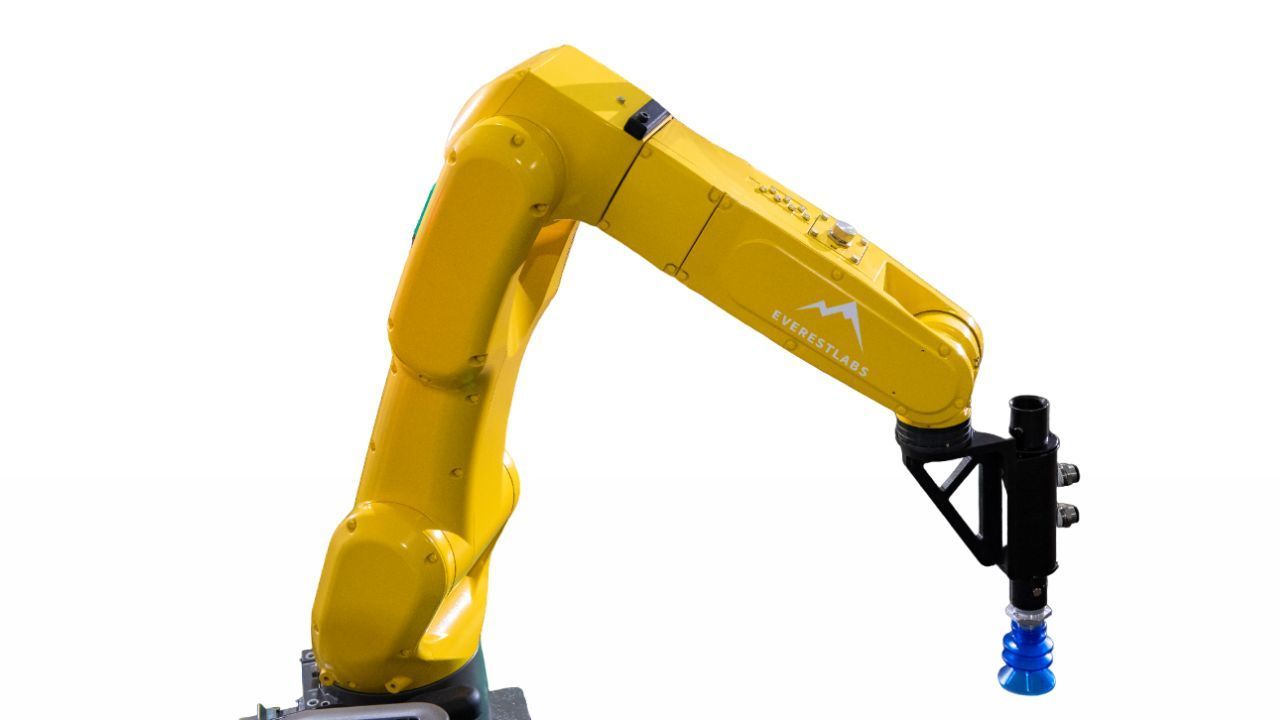
AI and robotics playing an increasingly important role, especially as new recycling laws, like Extended Producer Responsibility (EPR), emerge.
In our recent Plastic Recycling Podcast episode we dive into how these advancements are making a real difference.
Better Material Quality with AI
One of the most exciting developments is how AI can now identify and sort different types of plastics with a high degree of accuracy—between 90-97%.
This means that recycled materials are cleaner and contain fewer impurities. For businesses, this translates into better-performing products made from recycled plastics that are more consistent in quality.
Staying Compliant with New Recycling Laws
As regulations like EPR start to take hold, tracking and reporting on recycling activities become more important than ever. AI systems make this process much easier by providing detailed reports on how well recycling processes work.
This not only helps businesses stay compliant with current laws but also prepares them for any new regulations that might come down the line.
Economic Benefits and a Stable Supply Chain
AI doesn’t just help with compliance—it can also make recycling more economically viable. These smart-systems can adjust sorting priorities based on what the market needs most.
For instance, if the value of a certain type of plastic goes up, AI can prioritize its recovery. This kind of flexibility can lead to more stable prices and a more reliable supply of high-quality recycled materials.
Preparing for the Future with Technology
As AI and robotics continue to evolve, they’re set to make recycling even more efficient. This means better material recovery and higher compliance rates, which will lead to a more dependable supply of recycled materials.
In the long run, this could make the recycling industry more resilient to changes in the market and regulations.
Real-Life Success Stories
Many recycling facilities are already seeing the benefits of AI. For example, those who use AI at key points in their operations—like the "last chance line"—have noticed significant improvements in how much material they’re able to recover.
These success stories show that AI and robotics aren’t just buzzwords; they’re making a tangible difference in the industry.
Key takeaways
AI and robotics are no longer just futuristic ideas—they’re here now, making a real impact on the recycling industry.
By adopting these technologies, businesses can ensure they’re not only complying with new laws but also improving the quality of the recycled materials they use.
As the industry continues to change, staying informed and flexible will be key to thriving in this new landscape.
For more insights, you can listen to the full episode of the Plastic Recycling Podcast with host Alkarim Shamsy and guest Apurba Pradhan.
At CANEI, we are committed to assisting companies and brands in incorporating recycled materials into their products. Contact us at info@caneicorp.com
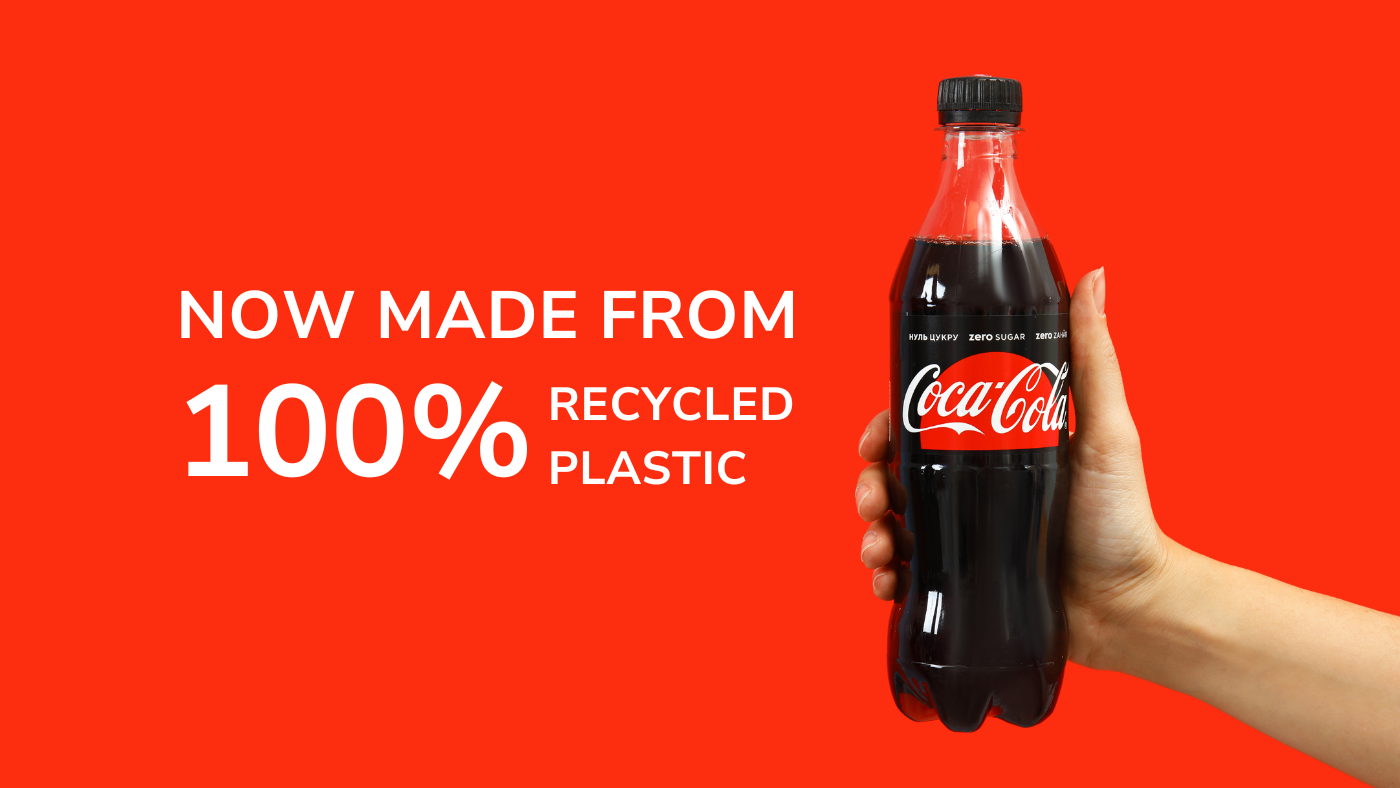
© CANEI Corp 2023 – All Rights Reserved







